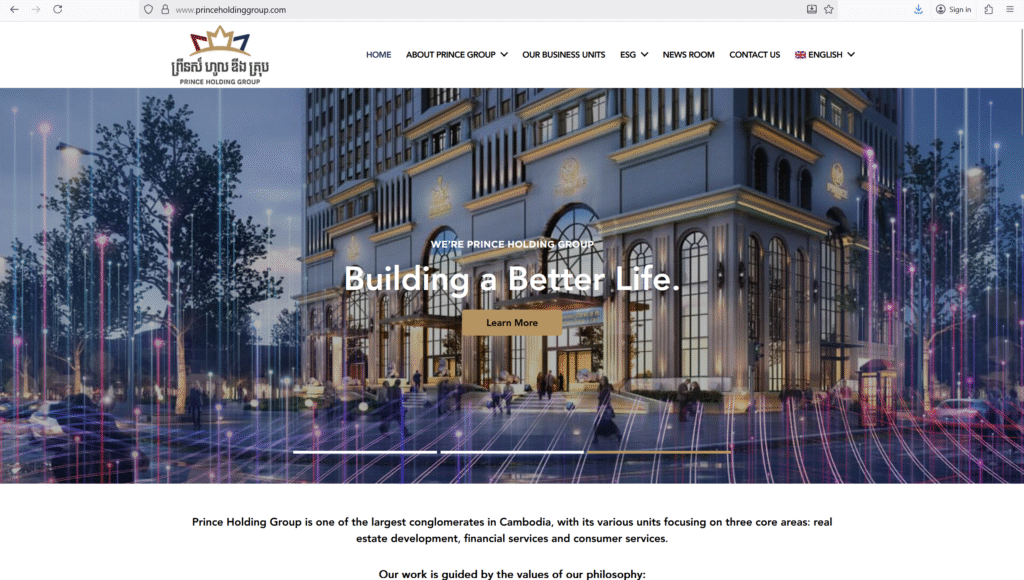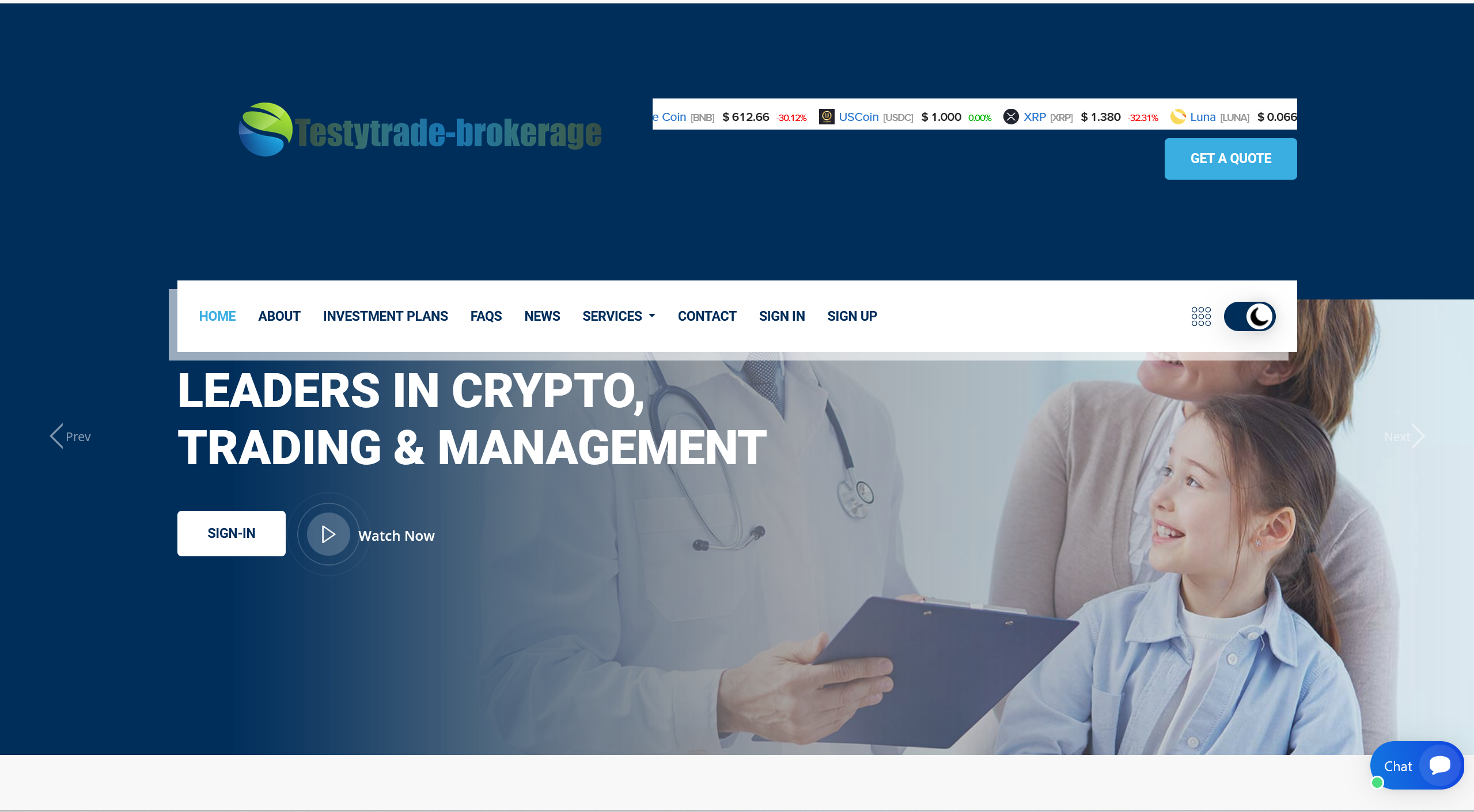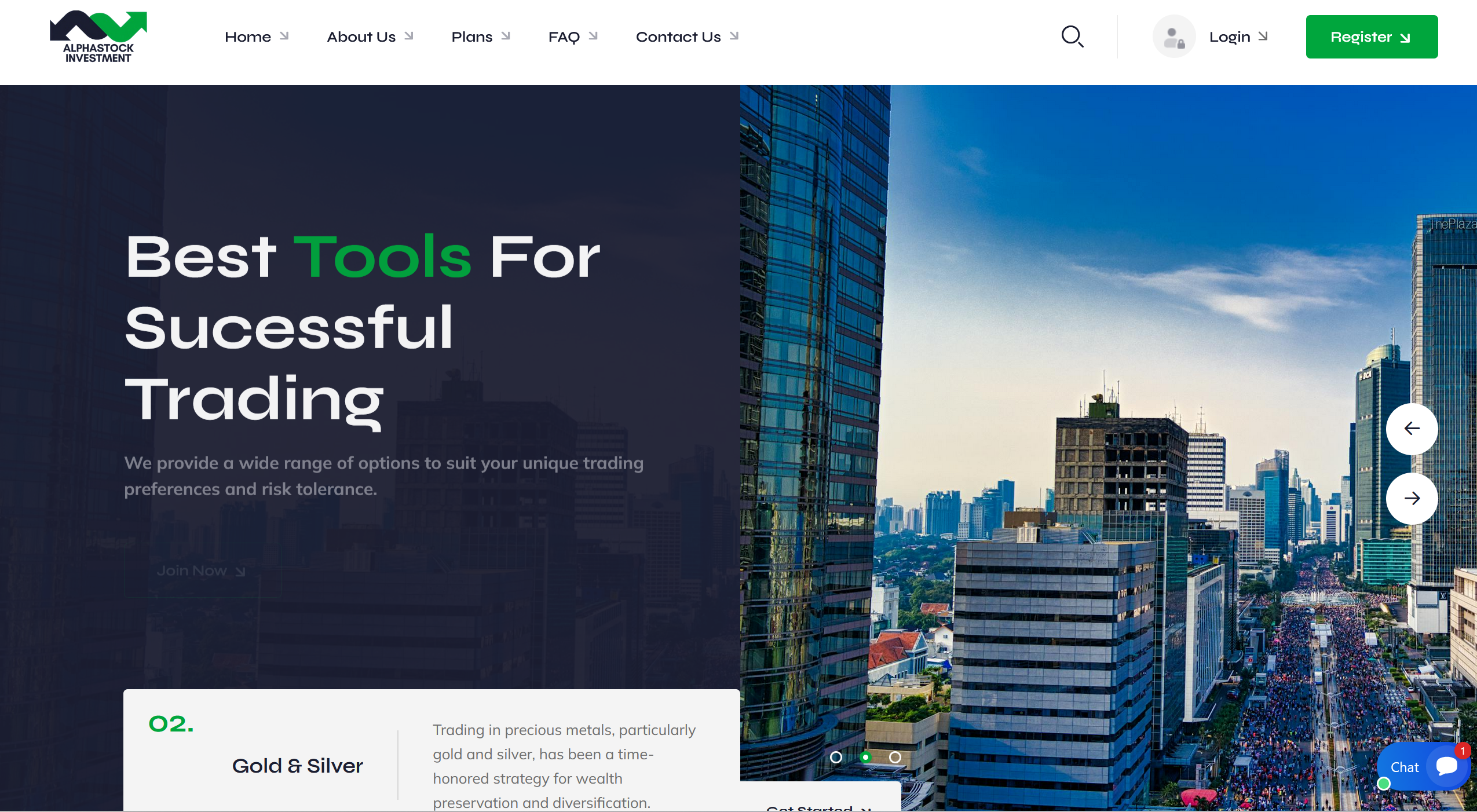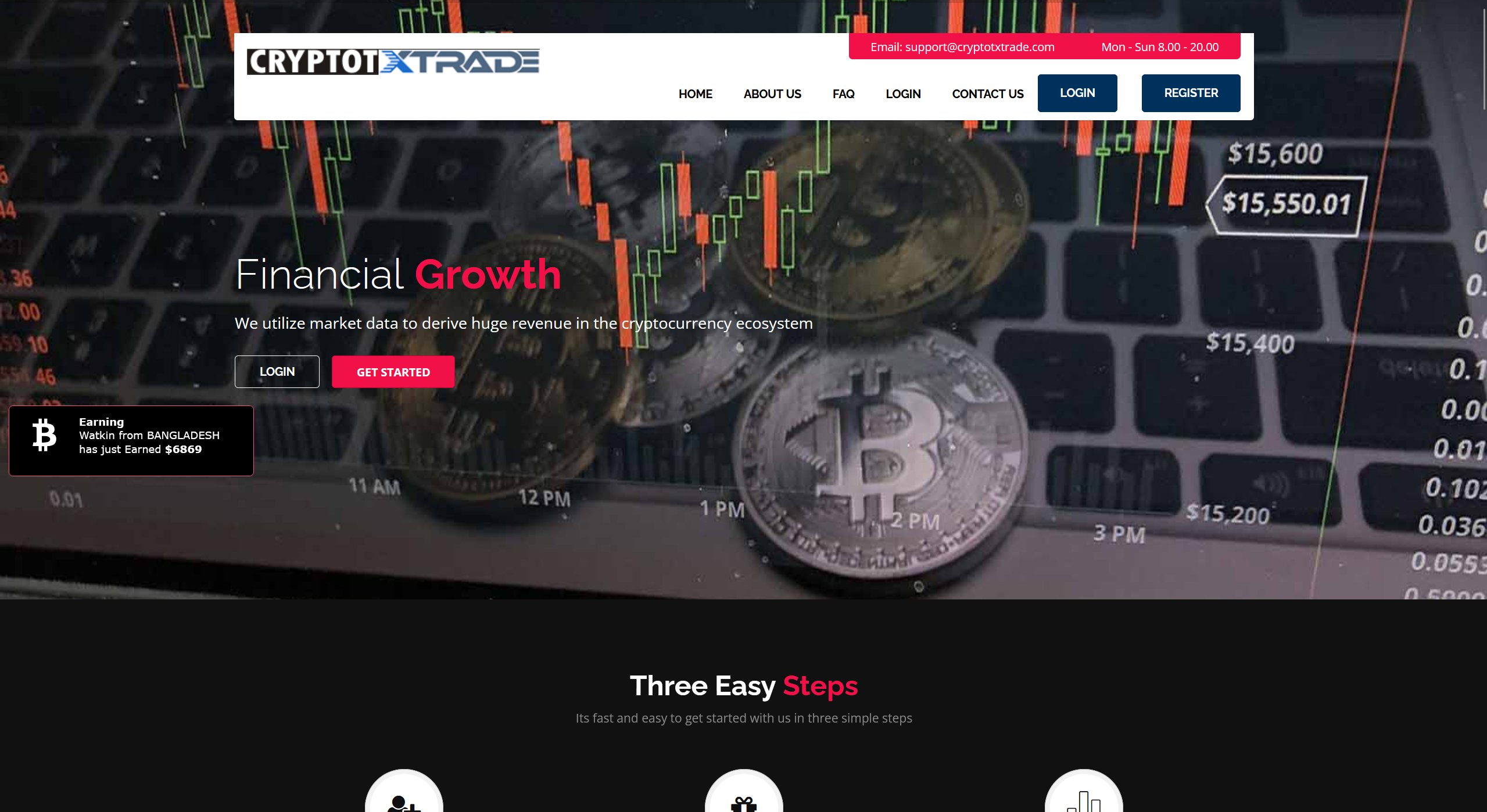- The official website princeholdinggroup.com brands Prince Holding Group as one of Cambodia’s largest conglomerates, with business divisions in real estate development, financial services, and consumer services.
- Their foundation / associated site (Prince Foundation) further states the group has over 80 businesses operating in Cambodia, spanning real estate, banking, finance, aviation, tourism, logistics, technology, food & beverages, and lifestyle sectors.
- The group promotes itself as a conduit for both domestic and international capital, leveraging networks across Asia to expand investments in strategic sectors.
- In awards and business profiles, the group is credited with major development projects (e.g., “Building a Better Life for Cambodians”) and honored under entrepreneurial categories.
So on paper, the image is that of a vast, diversified, and ambitious conglomerate rooted primarily in Cambodia but with international reach.

Key Businesses & Subsidiaries
According to public sources, Prince Holding Group’s major business units / associated ventures include:
- Prince Real Estate Group
- Prince Huan Yu Real Estate Group
- Prince Bank
- Awesome Global Investment Group
- Cambodia Airways (linked or claimed as part of their portfolio)
- Other sectors: aviation, tourism, logistics, technology, F&B, lifestyle, etc.
One investigative report notes that the group first gained recognition in real estate, especially property developments that appealed to investors (including foreign / Chinese nationals seeking to park capital).
Another article highlights the proposed link between Cambodia Airways and Prince Group: while the airline’s IPO filings did not explicitly disclose the relationship, multiple sources suggest it was at one time listed as a Prince subsidiary.
Criticism, Allegations & Investigations
While the group projects legitimacy, multiple investigative outlets and watchdogs have raised serious concerns. Below is a summary of the strongest allegations and red flags:
1. Opaque business structure and rapid rise
- Radio Free Asia (RFA) describes the Prince Group’s trajectory as unusually meteoric, with limited transparency about how it scaled so fast.
- They report hidden or ambiguous offshore dealings, shell companies, and murky investment routes.
- Some business initiatives appear more symbolic than substantive, aimed at projecting scale rather than genuine operations.
2. Alleged involvement in cyber scams, forced labor & trafficking
This is perhaps the most serious set of claims.
- Reports suggest that certain “scam compounds” in Cambodia, where people are allegedly trafficked and forced to carry out online fraud (e.g. “pig butchering” cryptocurrency scams), may be linked to or have been misrepresented as part of Prince’s business reach.
- RFA’s investigative series describes witnesses who say workers were tortured, forcibly detained, beaten, and compelled to work under harsh conditions in compounds tied to operations in Prince’s sphere.
- The group has denied these allegations. In a public statement, Prince Holding Group asserted it operates with integrity, that many claims are defamatory, and that it has no control over certain compounds alleged in reports.
- In one response to a freelance journalist, Prince denied ownership, management, or involvement in the “Golden Fortune Science and Technology Park” compound, refuted alleged ties to certain individuals, and challenged claims linking its executives to those operations
3. Political connections, influence & scrutiny by other governments
- Because of alleged scale and opaqueness, some governments have expressed concern over Prince’s influence abroad. For example, governments in Taiwan and Palau have been warned that offers of investment by Prince Group may pose risks to national security or sovereignty.
- In the Pacific, it’s been alleged that the group acquired land leases, development rights, and real estate that could be leveraged for geopolitical influence.
- One think tank flagged Prince’s transnational activities as potentially “deeply involved in criminal activity,” citing prior evidence around money laundering, trafficking, and other illicit operations
4. Denials, statements & legal defenses
- In multiple official responses, Prince Holding Group insists that many of the public allegations are false, misleading, or misattributed.
- In its “Holding Statement,” the group stated commitment to transparency and integrity, denying involvement in cyber scam operations.
- The group also claims that criminal actors have used “Prince” as a brand or name fraudulently to mislead victims, a tactic sometimes used by scam operations to appropriate credibility.
Recent Events & Media Spotlight
- In October 2025, U.S. prosecutors unsealed indictments against Chen Zhi (Prince Group’s chairman) alleging he oversaw a vast cryptocurrency scam network combined with forced labor compounds in Cambodia. As part of the legal action, roughly 127,271 BTC (valued in the billions) were subject to a forfeiture complaint.
- The U.S. and U.K. have imposed sanctions against Chen Zhi, Prince Holding Group, and connected entities, designating the group as a transnational criminal organization.
- Cambodia’s government, in response, has expressed willingness to cooperate with international authorities under formal requests and emphasized that domestically, Prince Group is not under local investigation (as of latest statements).
- Media outlets (e.g. AP) reported the U.S. seizure of substantial bitcoin holdings and the accusation that the group ran scammers in Cambodian compounds, victimizing people globally.
- The timing and scale of these actions have thrust Prince Holding Group into global controversy — what was once a primarily local / regional business empire is now under international legal, financial, and reputational fire.
Analytical Take & Cautionary Notes
Given the mix of the group’s self-representations, the seriousness of allegations, and the evolving legal actions, here’s how to interpret what is known:
- The group has built a broad public-facing portfolio of real estate, finance, aviation, and lifestyle ventures. That provides both visibility and cover.
- The allegations are severe: trafficking, forced labor, cyber fraud, money laundering, and abuse. If proven, they would expose not only individuals but the structural use of a conglomerate as a vehicle for illicit operations.
- Denials from the group are expected in such high-stakes exposure, especially if legal proceedings are in motion or pending. Denials alone don’t confirm innocence, but they do complicate accountability and legal processes.
- The involvement of multiple jurisdictions, digital assets, shell companies, and political links makes tracing and enforcement extraordinarily complex.
- For observers or potential investors, Prince’s case is a cautionary study: transparent regulation, audited financials, clear governance, and red-flag scrutiny are essential when evaluating large conglomerates in emerging markets.





